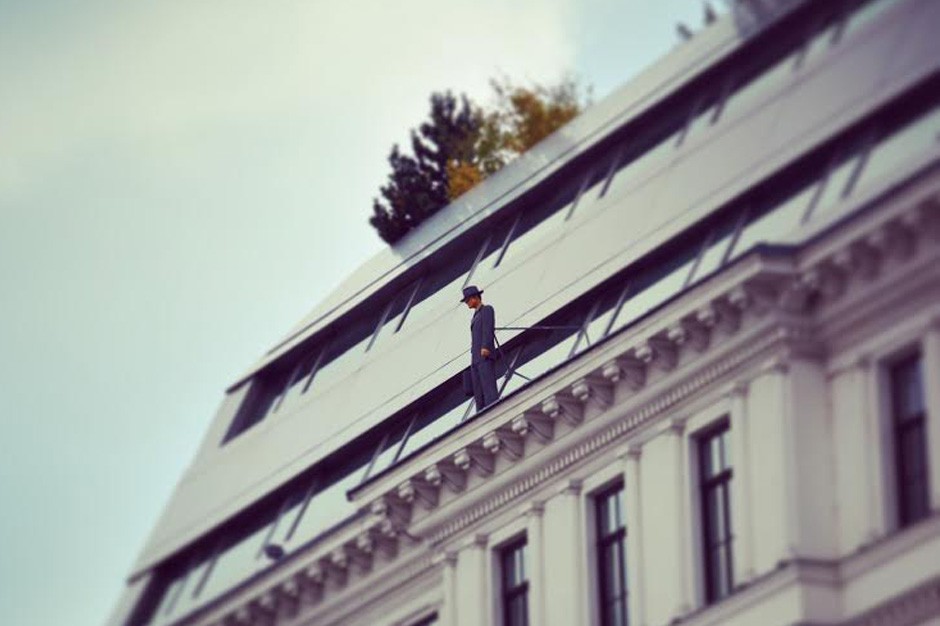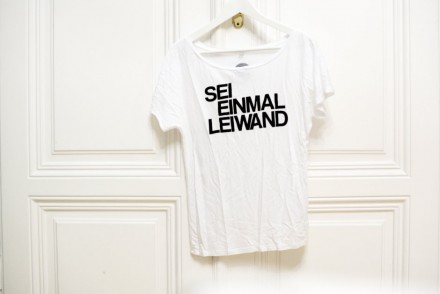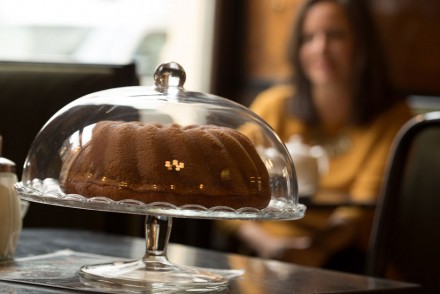Need a conversation starter? Here´s some superfluous knowledge about Vienna for your next small talk session.
The other day on my way to work I stopped at a traffic light and spotted the brilliant piece of morbid Viennese humour you can see on above picture: a suicidal business man on top of a roof I had never noticed before.
Which led me to think: what else is there (you and) I haven´t gotten to know about my hometown yet? So I went on rummaging through my brain (and the internet) and stumbled across these very, very random fun facts about Vienna.
- Viennese love their wine. That´s why Vienna is the world´s biggest and only capital to produce its own wine on a major level (190 winemakers, 660 ha vineyards, 2,39 million litres vintage). The city´s smallest vineyard is located right in the 1st district, on Schwarzenbergplatz.
- Michael Jackson wrote the „Earth Song“ while staying at the Imperial hotel in Vienna.
- Even our toilets are classy: on Vienna´s Graben you can powder your nose in a landmarked public Jugendstil/Art Nouveau toilet. So in case you enjoy spending your time in pretty rest rooms, the 50 cent fee is totally worth your while.
- In Vienna, when someone says „He/she has taken the 71“ („Er/Sie hat den 71er genommen“), it is actually a way of saying someone has died. The 71 refers to the tram line which stops at one of Europe´s largest cemeteries, the Zentralfriedhof. Among the many buried there are quite prominent figures of history: Beethoven, Johann Strauss, Schubert, to name but a few.
- Sausages that are called „Frankfurter“ in Vienna, are called „Wiener“ in Frankfurt. (Rumour has it a native Frankfurt butcher moved to Vienna and „invented“ this kind of sausage, hence the identity conflict of these poor sausages)
- Vienna´s recreational area Prater is twice as big as New York´s Central Park.
- Neither of the two architects of Vienna´s famed opera house survived its opening: Eduard van der Nüll committed suicide, August Sicard von Sicardsburg died of a stroke. The building had been heavily criticised and called a „sunken treasure chest“. All because the level of Ringstraße along which the opera was being built, had been substantially raised during the opera´s construction phase, thus leaving the entrance of the opera significantly lower than originally planned.





No Comments